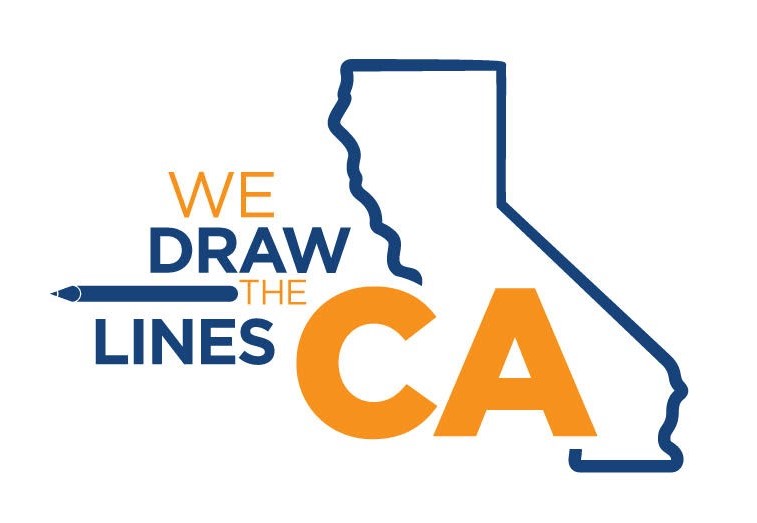

Welcome
(Audio Descriptions)
أهلا بك / Բարի գալուստ / خوش آمدی / いらっしゃいませ / សូមស្វាគមន៍
어서 오십시오 / ਸਵਾਗਤ ਹੈ / Добро пожаловать / 欢迎
Bienvenido / Maligayang pagdating / 歡迎 / Chào mừng
Welcome to the 2020 California Citizens Redistricting Commission (CRC) website where you will find information about California’s redistricting process and how you can get involved. In November 2008, California voters passed the Voters FIRST Act, authorizing the creation of the Independent Citizens Redistricting Commission to draw new district lines, taking the job out of the hands of the California Legislature and transferring it to the citizens. In 2010, the VOTERS FIRST Act for Congress added the responsibility of drawing Congressional districts to the Commission.


OCTOBER – DECEMBER, 2021



